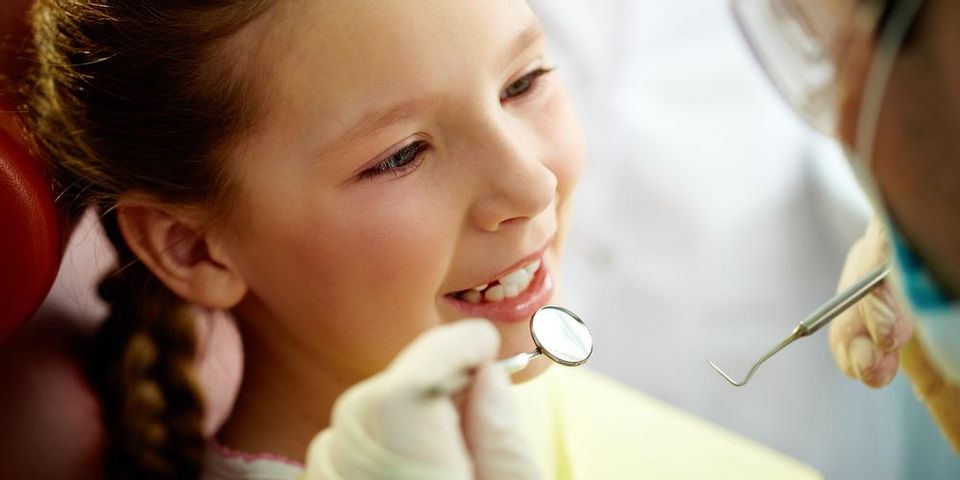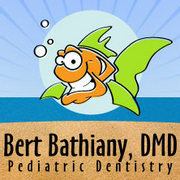Dentist Explains How to Care for Your Child's Teeth After a Filling

To ensure your child has a healthy mouth for life, early pediatric care is crucial. One of the most important reasons to take your child to the dentist is to check for cavities. Even in temporary teeth, cavities can have many detrimental effects and may be painful. Fortunately, your dentist can fix them with fillings. Bert E. Bathiany IV, DMD, in Florence, KY, is the area’s most trusted pediatric dentistry practice. Here, they explain how to care for your child after a filling procedure.
Pain Management
 Sometimes, a dentist will provide local anesthetic for the dental treatment. Anesthetic ensures a painless procedure. It may be applied to the jaw, tongue, teeth, or cheek, numbing the surrounding tissues. Anesthesia typically lasts about two hours after the appointment. Make sure your child doesn’t irritate the treated area by biting, sucking, or picking at it. Once the numbness has worn off, these actions may cause pain. Touching the affected area right after treatment could also result in injury or infection.
Sometimes, a dentist will provide local anesthetic for the dental treatment. Anesthetic ensures a painless procedure. It may be applied to the jaw, tongue, teeth, or cheek, numbing the surrounding tissues. Anesthesia typically lasts about two hours after the appointment. Make sure your child doesn’t irritate the treated area by biting, sucking, or picking at it. Once the numbness has worn off, these actions may cause pain. Touching the affected area right after treatment could also result in injury or infection.
The pediatric dentist may recommend over-the-counter pain medication, such as Tylenol®, to help relieve residual pain. You can also apply a cold compress to the affected area for 15 minutes at a time with a 15-minute break in between each application. Avoid rigorous activities or exercise the day of the procedure as this could cause pain.
Eating
Silver fillings will not be hard enough to chew on for about six hours after the procedure. Feed your child a liquids-only diet until the feeling is restored in their mouth, and only soft foods for the next 24 hours. White fillings harden much more rapidly. In this case, avoid crunchy or hard foods for about two hours after the appointment, after which point your child can eat regularly. Keep in mind their teeth may be sensitive or their mouth swollen for up to two days after their appointment. Foods such as soft sandwiches, soup, yogurt, and applesauce are good choices to minimize discomfort. Avoid straws or sippy cups as these can exacerbate sensitivity and swelling.
If swelling lasts beyond two days, it may indicate an allergic reaction to anesthesia. Prolonged sensitivity may signal your child needs their bite adjusted. In either case, call your dentist immediately to schedule a followup. If the swelling is severe, they may need to see you right away.
If you’re a Clark County resident seeking pediatric dental care for your family, look no further than Bert E. Bathiany IV, DMD. Since 1980, this team of compassionate, experienced professionals has established a reputation as one of the area’s best dentist offices. Call (859) 525-2100 to schedule an appointment or visit the website to learn more about the practice.
About the Business
Have a question? Ask the experts!
Send your question

